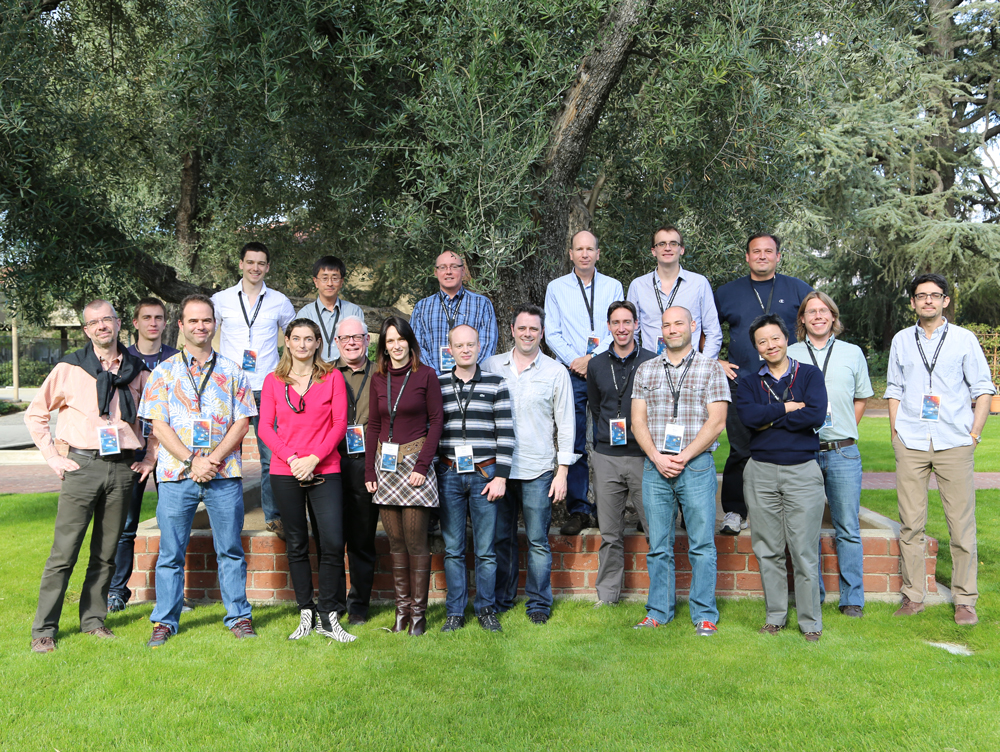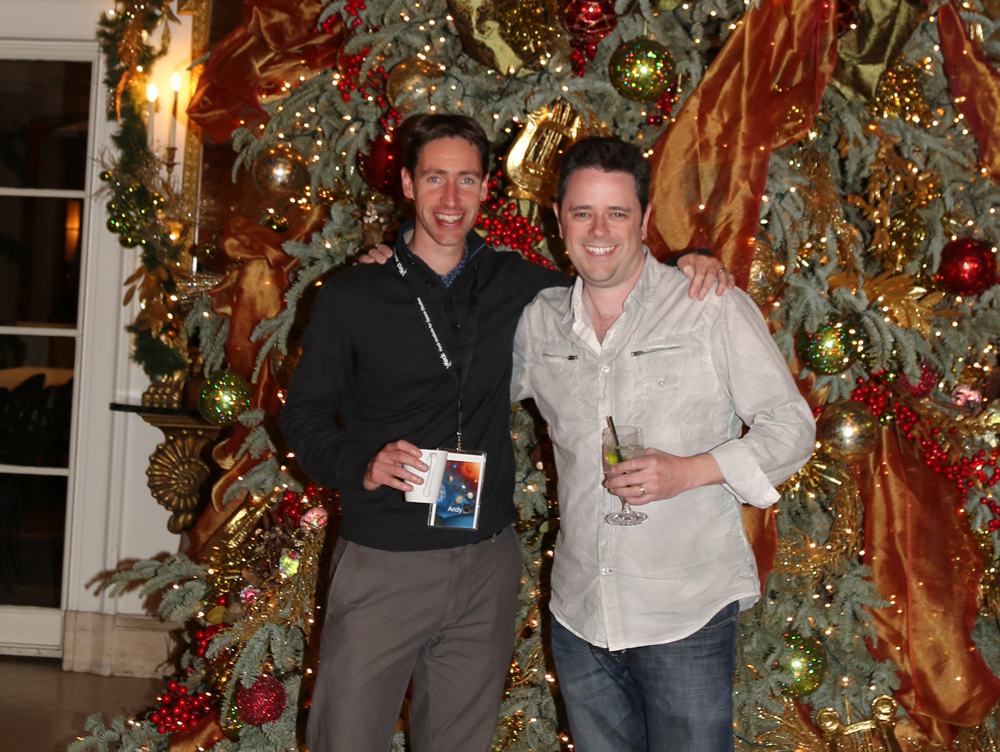Workshop Overview:
This study will explore integrated field programs and numerical studies to describe high frequency variability at the ocean-ice interface in Antarctica, which includes dynamics impacting the ice sheet, ice shelf and ocean circulation over the continental shelf and within the ice shelf cavity. We will bring together experts in the fields of oceanography, glaciology, solid mechanics and technology to assess the current state of knowledge. A major goal will be to identify measurement requirements needed to capture pertinent physical processes that range from the long-term (decadal) evolution of the Antarctic ice sheets down to variability that occurs over a tidal cycle. These measurement goals will be developed into a set of modeling and field campaign priorities with an emphasis on persistent measurements, focused scientific requirements and a high likelihood of realization.
At the second workshop, we will synthesize the results of the sub-team studies on spatial and temporal measurement requirements. This will enable us to design two to three key instrument or experimental concepts for further development. Ultimately the goal is to identify key gaps in our ability to observe ocean-ice interactions, in particular those that are likely to feed back on the long-term evolution of the ice sheets and global sea level rise. This may include quantifying the oceanic mesoscale or "eddy" heat flux to the ice shelf-ice sheet system or temporal evolution of the grounding line at sub-daily frequencies. The study participants are surveying the literature on this subject and compiling information on future field studies. This information will be detailed in the final report with a emphasis on new and innovative ways of integrating existing technologies.






